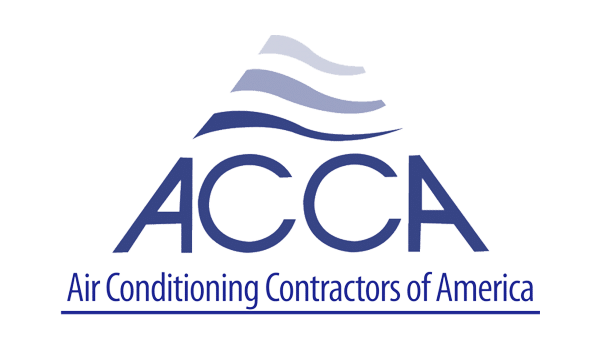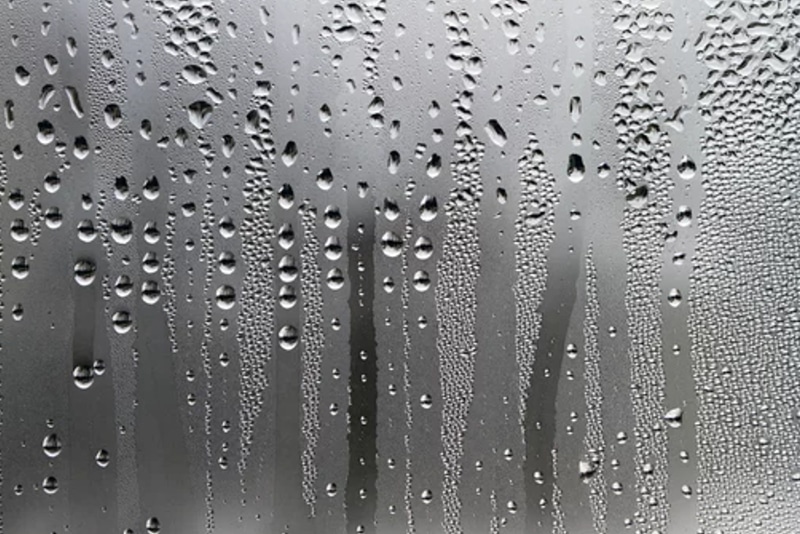Winter Humidity
Available for any type of HVAC Service
We can help






Winter Humidity in Northern Virginia
Optimal humidity levels for indoor comfort rage between approximately 30-50%, depending on the season. Maintaining these humidity levels in your home or business not only has health benefits, it can greatly enhance the comfort level for your family and team members, as well as save energy and reduce maintenance costs.
First, what is humidity?
Humidity is the amount of water vapor in the air. You have probably heard the term relative humidity while listening to the weather report. Relative humidity is the term we most often use to convey the amount of water vapor in the air at a specific temperature. When the air is warmer outside, it retains more water vapor and conversely when the air is colder outside, the air does not retain as much water vapor. This is the reason why the summer months are so humid and the winter months are so dry.
What types of humidifiers are available?
Steam humidifiers: These whole home humidifiers generate humidity by boiling water and converting it to a gas. Steam humidifiers are generally installed on the supply duct, however they can be installed on the return duct if needed. Steam humidifiers produce significantly more humidity compared to fan powered or bypass humidifiers. With the ability to produce more humidity, these humidifiers are the perfect solution for many applications.
Fan powered humidifiers: These whole-home humidifiers employ a flow-through design, which means you are always using fresh tap water for humidity and the excess water goes down a drain. These humidifiers are generally installed on the supply duct. While these humidifiers do not produce as much humidity as a steam humidifier, they work well in small to mid-size homes.
Bypass humidifiers: These whole-home humidifiers employ a flow-through design, which means you are always using fresh tap water for humidity and the excess water goes down a drain. These humidifiers are mostly installed on the return duct and generally chosen if the fan powered humidifier will not fit on the supply duct. Compared to the fan powered humidifier, the bypass humidifier produces slightly less humidity.
Reservoir humidifiers: We do not recommend this whole-home humidifier because there is free standing water inside them, which makes them susceptible to bacteria growth.
Room humidifiers: Room humidifiers are generally used to supplement a particular area, however since they have free standing water, they are susceptible to bacteria growth and are laborious to keep clean. If you need to use a room humidifier, you should use distilled water in it and make sure to clean it regularly.
Why do you feel chilly in the winter time?
When the air is colder, it cannot retain as much water vapor. In actuality, this water vapor acts as an invisible insulator. Our bodies naturally lose heat through our pores. When the humidity is low, our bodies lose more heat and as a result, we feel chilly. If humidity is added to the air, it will act as an insulator to slow down heat rejection from our bodies.
Energy savings with a humidifier
Adding a humidifier can improve your comfort level while reducing your operating cost in the colder months. When introducing humidity back into the air during these colder/dry times, the humidity acts as an invisible insulator for our bodies, thus reducing our bodies heat loss. As a result, you will find yourself more comfortable at lower temperatures. The Environmental Protection Agency (EPA) estimates that for each degree you turn down the thermostat, you’ll save about 4% in monthly utility expenses.
Low humidity could be one reason you, your children, and coworkers get sick more in the winter
Many of us believe the reason we get sick more often in the winter is a result of it being cold outside and increased viruses. Actually, there are fewer viruses in the colder months because viruses cannot survive in the colder temperatures. So the question is, why do my children, family and coworkers get sick more often in the winter than in the summer? Well, one reason could be from dry air. Breathing this dry air tends to dry out our membranes. Dried out membranes can easily crack and provide a direct channel for viruses to enter into the bloodstream. Once the virus gets into our bloodstream…well, you know what happens next.
Can I have too much humidity indoors during the winter months?
Yes, you can have too much humidity. One effect of too much humidity is sweating windows. An analogy that may help to understand how this actually works is, imagine you are enjoying a nice cold glass of your favorite beverage on a hot summer day. When you pick up the glass, it is covered with moisture. You may ask why this is. As air loses heat, it loses its ability to retain moisture…the cold surface of the glass will pull moisture from the air surrounding it…as a result, you have condensation on the glass. This is what happens in the winter but your windows are the glass. As you add more humidity into the air, the cold air surrounding the windows get to a point where they cannot hold any more moisture…as a result, the windows sweat. You have to be careful with this because eventually, you could get mold or mildew growth on your window seals.
The effects of dry air for your home or office
Dry air in the colder months can have damaging effects. For example, have you ever noticed cracks in crown molding, cracks in furniture, creaking floors or the gaps on your wood floor in the winter? The reason this happens is because the wood is drying out and actually shrinking which can cause damage and require costly repairs. Musical instruments, especially pianos are affected by the dry air. Adding a humidifier can help preserve items in your home, furnishings and keep musical instruments in tune.
Why does my skin crack and I feel itchy during winter months?
In addition to health concerns from the dry air, our bodies can experience dry, itchy, cracking and flakey skin. Since water makes up the majority of the human body, it is important to keep our bodies moist to prevent these side effects. During dry seasons, our bodies lose moisture through the sweat glands at a faster rate due to the lack of humidity. As we continue to lose moisture, our bodies can experience the common side effect of a dry, scratchy throat…have you ever noticed this in the winter?
Why do I get shocked every time I touch a light switch or doorknob?
The short answer is because the air is dry and dry air is not a good conductor. When the air is dry, it causes an imbalance of protons and neutrons. These protons and neutrons are either positively or negatively charged and are present around us at all times. When there is an imbalance of positive and negative charges, the result is a “clash” of these charges. When these charges “clash”, the charge jumps from one object (or person) to another and this is the when we experience a shock. Adding humidity, which is a great conductor, into the air will cause these negative and positive charges to become neutral, thus preventing this “clash” and eliminating the effect of being shocked.
The effects of static electricity
Not only is the “shock” from static electricity painful at times and a nuisance, static electricity can have an effect on your electronics. Manufacturers of computers and phones regularly reference the potential of damage from static electricity which they refer to as Electro-Static-Discharge (ESD). Adding humidity in the air can help reduce the risks the manufacturers warn us about.

2024 Carrier President's Award
We have been awarded the 2024 Carrier President’s Award. This is Carrier’s highest honor and is presented to an elite group of Carrier Factory Authorized Dealers who have achieved excellence. We exemplify our company’s model for customer satisfaction, operational excellence, business effectiveness and delivering the best in cutting edge technology to our consumers.
- 3 Levels of Service Agreements with discounts
- Energy audits for your home or office
- We service ALL brands of heating and A/C units
Award Winning Service
Winner of Carrier’s highest honor with the 2024 Carrier Presidents Award.
Highly Trained Techs
Our technicians are trained in the latest technology to save you money and increase the life of your HVAC unit
Licence & Insured
Our service team is licensed and insured for your protection on every job we perform.
Frequently Asked Questions
What energy efficiency do I look for when purchasing an Air Conditioner?
All air conditioners have a Seasonal Energy Efficiency Rating (SEER). The higher the SEER, the more efficient and lower the operating cost.
